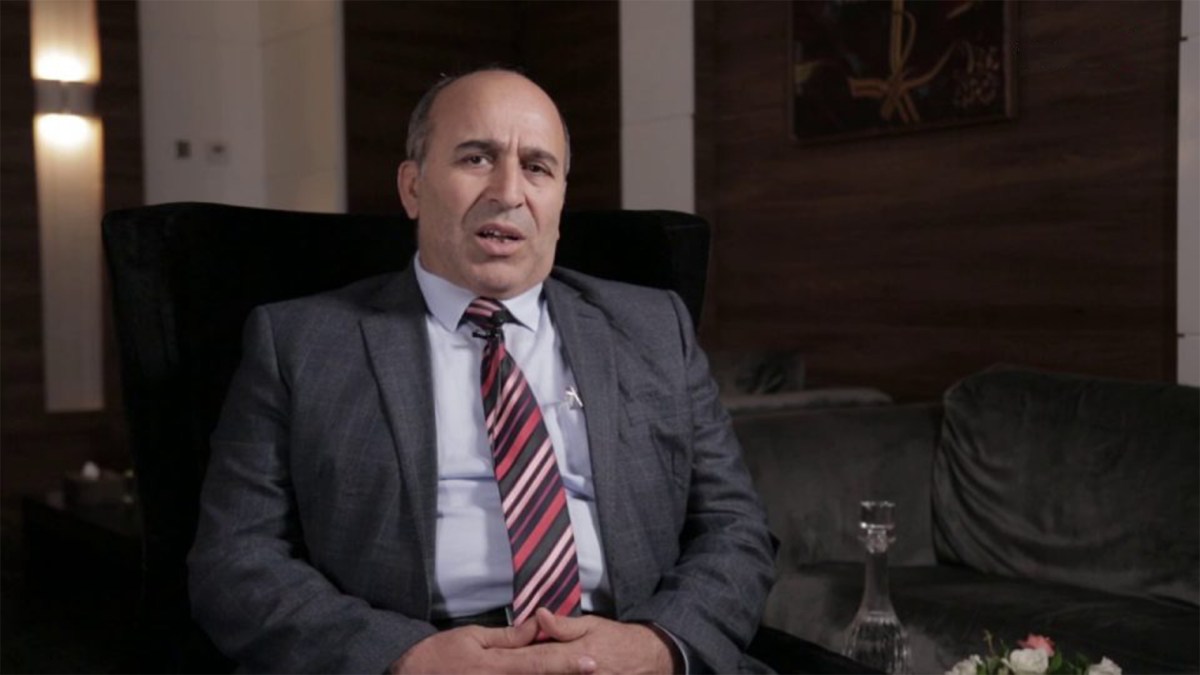Al-Akari explains the reason for setting the exchange rate at 4.26, stressing that this decision will contribute to a 15% decrease in the prices of goods and services

A member of the Exchange Rate Adjustment Committee, Misbah Al-Akari, said that the decision of the Board of Directors of the Central Bank of Libya to reduce the exchange rate to about 4.26 dinars per dollar came in accordance with the correct law, specifically the Article 31 of the Banking Law 46 of 2012, which gave the authority to amend the exchange rate to the bank’s board of directors central.
Concerning the reason for setting the exchange rate at 4.26, Al-Akari, explained that after one year and nine months after the previous adjustment of the exchange rate, many circumstances occurred that necessitated the Board of Directors of the Central Bank to reconsider this rate, especially after the official exchange rate began to rise continuously, as a result of the rise in the value of the US dollar against all currencies in the world, which was reflected in the value of the Libyan dinar linked to the Special Drawing Rights, and reached it to exceed the barrier of five dinars per dollar.
He added that at the same time, there were positive indicators in the Libyan economy, represented in the disappearance of the budget deficit, the achievement of financial surpluses and an improvement in the balance of payments, in addition to monitoring an exceptional budget for the oil sector in the amount of 35 billion dinars, which will enable the National Oil Corporation to increase its production capacity, increase export rates and achieve additional revenues for the Libyan economy, as well as another indicator which is the decrease in the money supply by 20% and the positive improvement in solving the liquidity problem, as well as the improvement in the use of electronic payment tools.
Al-Akari continued, saying that despite all these positive indicators, the inflation rates witnessed a rise that greatly affected the purchasing power of the Libyan citizen, which led to great difficulties in dealing with these price hikes and the occurrence of a state of economic stagnation. The Board of Directors of the Central Bank had to intervene according to the limited tools available to it to address the high rates of inflation. Therefore, a team was assigned to reconsider determining a new value for the Libyan dinar, and the assigned team worked on analyzing each of the determinants of the exchange rate, setting the worst expectations, and putting the new exchange rate in an actual simulation mode with future expectations, and settled on the rate of 4.26.
Al-Akari pointed out that the new exchange rate will have the ability to protect the state’s reserves, achieve financial sustainability and remove the specter of financial indebtedness from international institutions, as well as contribute to a 15% decrease in the prices of goods and services, stressing that, according to figures. The financial situation of the Libyan state is reassuring and what we need is only to rationalize public spending, especially consumer spending, and to go more towards development spending, which contributes to diversifying sources of income and creating jobs to reduce the unemployment rate in the country.



